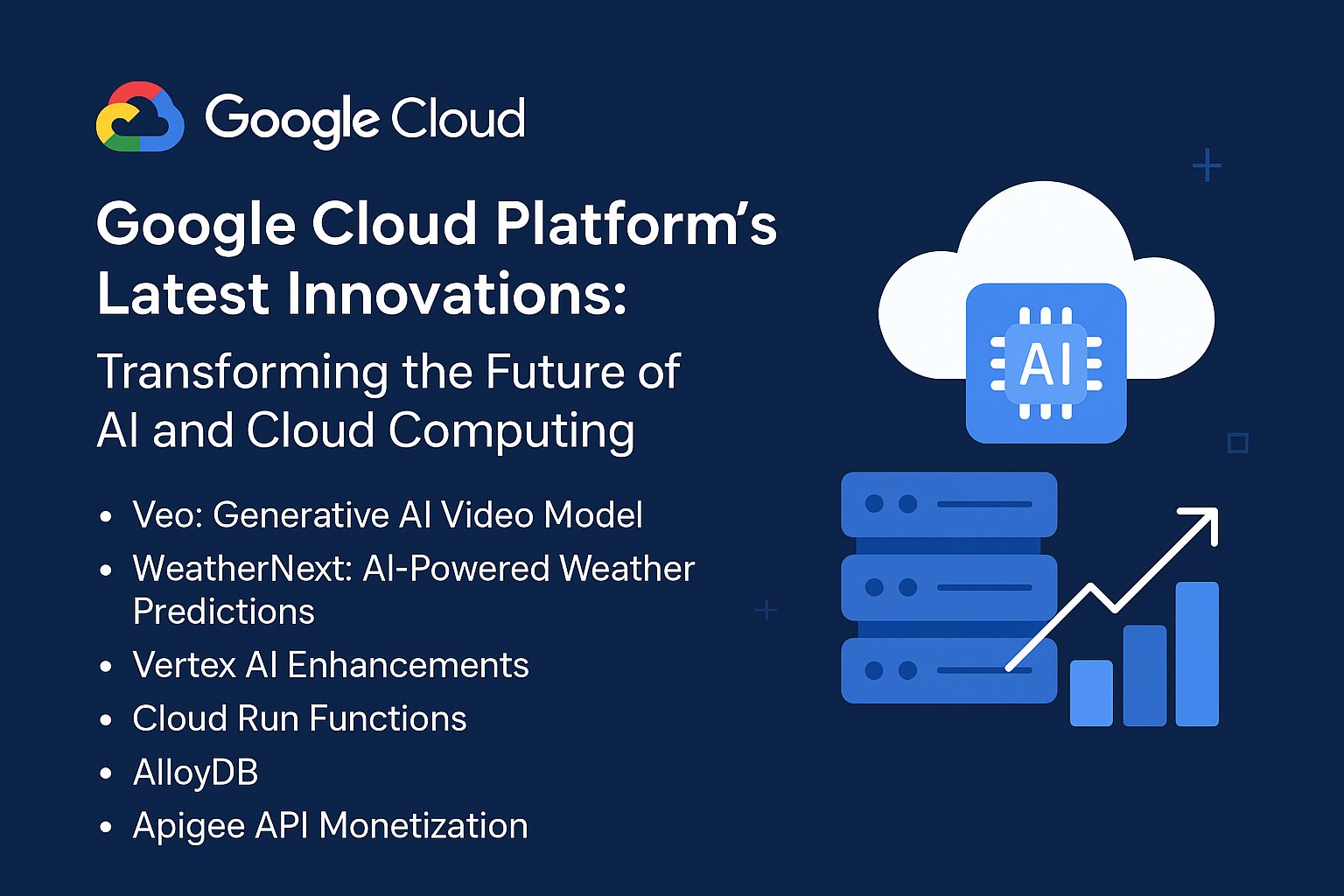Table of Contents
- Introduction to Big Data in Business
- Understanding Sustainability in Business
- The Role of Big Data in Advancing Sustainability Goals
- Key Applications of Big Data for Sustainability
- 4.1 Energy Management and Efficiency
- 4.2 Sustainable Supply Chain Management
- 4.3 Waste Reduction and Resource Optimization
- 4.4 Product Lifecycle Management
- Challenges in Integrating Big Data and Sustainability
- Case Studies of Big Data in Sustainable Business Practices
- Future Trends in Big Data and Sustainability
- Conclusion
- Further Resources and Reading
1. Introduction to Big Data in Business
Big Data refers to large and complex data sets that are too vast for traditional data-processing software to handle efficiently. In business, Big Data allows companies to extract insights, predict trends, optimize operations, and improve customer experiences. This section introduces the concept of Big Data, its evolution, and its significance in modern business landscapes.
Resource Links:
2. Understanding Sustainability in Business
Sustainability in business refers to the practice of operating in a way that meets the needs of the present without compromising the ability of future generations to meet their own needs. It involves considering environmental, social, and economic impacts. This section explores the importance of sustainability, its components, and why it is critical for businesses in the modern world.
Resource Links:
- What is Sustainable Business? – The Business of Sustainability
- Why Sustainability Matters in Business – Harvard Business Review
3. The Role of Big Data in Advancing Sustainability Goals
Big Data plays a pivotal role in driving sustainability in business by providing insights that support decision-making, track progress toward sustainability goals, and identify inefficiencies. This section delves into how data analytics can contribute to creating more sustainable business practices across various sectors.
Resource Links:
- The Role of Big Data in Sustainability – GreenBiz
- Using Big Data for Sustainability: Opportunities and Challenges – Springer
4. Key Applications of Big Data for Sustainability
4.1 Energy Management and Efficiency
Big Data enables businesses to monitor energy consumption patterns, identify inefficiencies, and optimize energy usage. By analyzing real-time data from sensors and IoT devices, companies can reduce energy costs and their carbon footprint.
Resource Links:
- Big Data and Energy Efficiency – Energy.gov
- How Big Data Drives Energy Efficiency in Businesses – Smart Energy
4.2 Sustainable Supply Chain Management
Big Data helps companies monitor and optimize supply chains to ensure they are sustainable. It helps track sourcing, logistics, and supplier practices, ensuring that businesses align with ethical and sustainable standards.
Resource Links:
- How Big Data Enhances Sustainable Supply Chains – Supply Chain Digital
- Sustainability and Big Data: From Data to Impact – McKinsey
4.3 Waste Reduction and Resource Optimization
Through the analysis of operational data, companies can identify areas where waste can be reduced, such as raw material usage, waste disposal, or water consumption, improving resource efficiency and minimizing environmental impact.
Resource Links:
4.4 Product Lifecycle Management
Big Data can track every stage of a product’s lifecycle, from design and manufacturing to use and disposal, helping businesses minimize environmental impact and enhance product sustainability.
Resource Links:
- Product Lifecycle Management and Sustainability – Dassault Systèmes
- Big Data for Sustainable Product Lifecycle – Eco-Business
5. Challenges in Integrating Big Data and Sustainability
Despite the immense potential, integrating Big Data with sustainability initiatives presents several challenges, including data privacy concerns, high implementation costs, lack of expertise, and complexity in data integration. This section discusses these barriers and suggests potential solutions.
Resource Links:
- Challenges of Big Data in Sustainability – World Economic Forum
- Overcoming Big Data Challenges in Sustainability – TechCrunch
6. Case Studies of Big Data in Sustainable Business Practices
This section presents real-world examples of businesses that have successfully leveraged Big Data for sustainability goals, demonstrating its practical applications in various industries.
Resource Links:
- Case Studies of Big Data and Sustainability – Harvard Business Review
- Big Data Sustainability Case Studies – GreenBiz
7. Future Trends in Big Data and Sustainability
The future of Big Data in business sustainability holds immense promise, with advances in artificial intelligence, machine learning, and blockchain potentially enhancing data processing, transparency, and decision-making. This section explores emerging trends in this space.
Resource Links:
- The Future of Big Data and Sustainability – Forbes
- Emerging Trends in Big Data and Sustainability – TechRepublic
8. Conclusion
The intersection of Big Data and sustainability in business presents an exciting opportunity for companies to not only improve their operations but also contribute to global environmental and social goals. With the right approach, businesses can leverage data-driven insights to create a sustainable future.
Resource Links:
- The Intersection of Big Data and Sustainability – GreenBiz
- Harnessing Big Data for Sustainability – World Economic Forum

